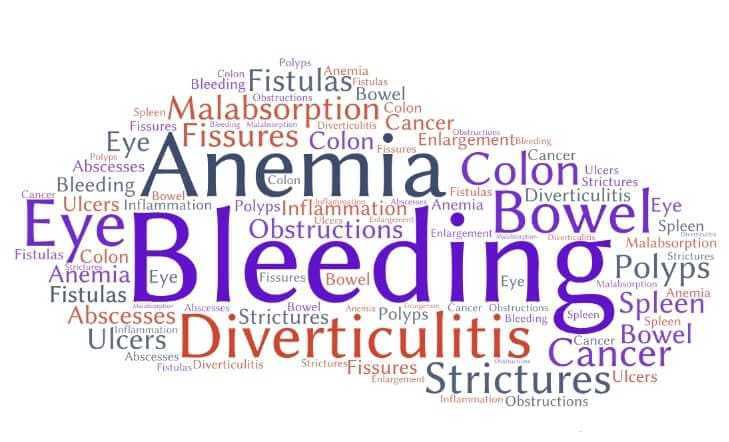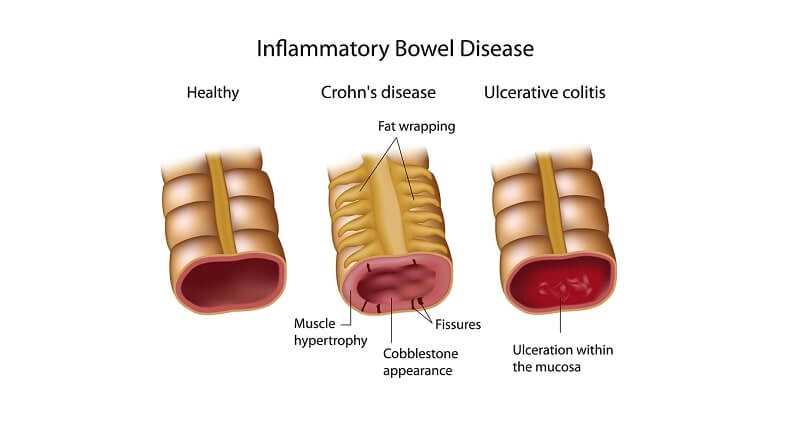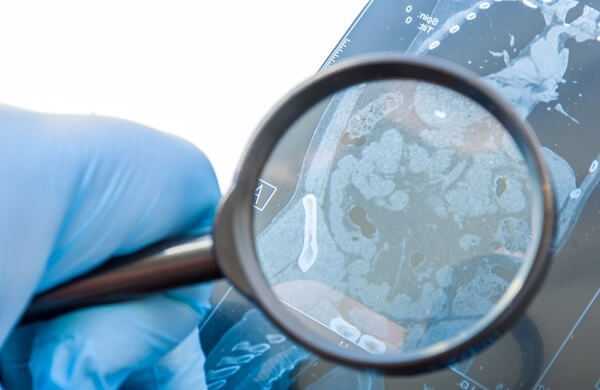18 Reasons You’ll Still Continue to Flare with Crohn’s Disease
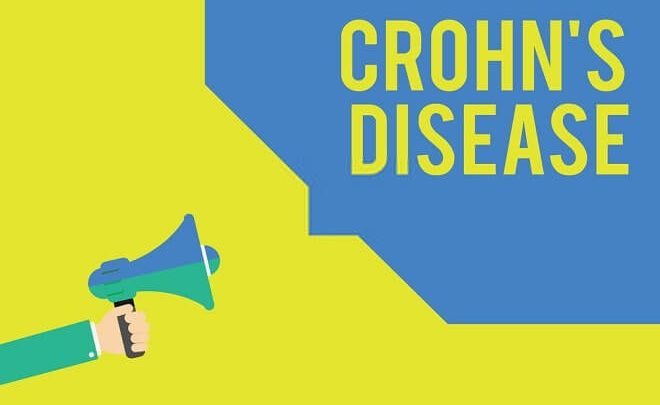
Where do you start? There’s a lot of misconception to why somebody with Crohn’s disease just can’t heal. They’ve tried everything (or so they think). They switched to a clean, organic diet, went on some supplements and maybe even coffee enemas.
So many variables apply to the health of a human being and the digestive process. What do you tackle first? Bad genes, stress, diet, environmental pollution?
Below is a list of possible reasons why you’re still coping and struggling with a flare up in symptoms, and how to ultimately nip Crohn’s disease in the butt once and for all.
18.) You’re eating fruit.
This is going to be controversial to many, but if you have digestive dysfunction/dysbiosis, fruit is a no-no. There’s so many symptoms with fruit-eating, too long to list out here. Dr L Wilson has a great article on this. Basically, fruit causes problems by being very yin. Most of us today are in a yinstate. This is a subject in Chinese medicine- the balance of yin and yang.
17.) You’re not eating enough cooked vegetables.
This tends to go hand in hand with eating either too much animal protein, grains, or perhaps fruit. I control my Crohn’s Disease today with the help of a diet heavy on cooked vegetables, no fruit (except a dried black botija olive on occasion), among other things.
Root vegetables are some of the most nourishing, healthy foods you can get your hands on. Things like organic rutabagas, carrots, celery root, golden beets, parsnips, and onions all have valuable nutrients.
16.) Your meals are void of greens.
So, you’ve prepped up your servings of veggies. Great! But where’s the greens? Become friends with swiss chard, kale, collards, parsley, cilantro, bok choy, and leeks. You’ll want to bake these up in the oven in some olive oil to make them much more palatable. That raw egg yolk and pastured butter making your plate too “sloppy”? “Mop” it up with a nice drizzle of dried cilantro or parsley flakes.
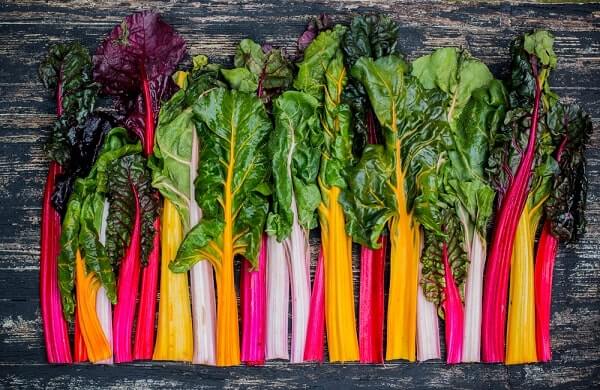
15.) Too much fish
Today’s supply of fish is quite contaminated. It’s nutritious, but when you have Crohn’s disease, you obviously don’t want to add to your toxic load. You still need the omega 3’s and vitamin D in fish, but not when the protein’s tipping the scale with mercury and a range of environmental pollutants. What to do? Dr L Wilson thinks 3-4 cans of sardines per week is great. They’re much smaller, so they accumulate less heavy metals than larger fish like tuna or salmon.
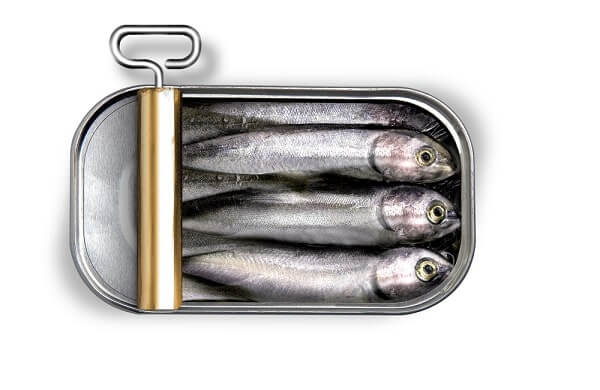
For quality sardines, Vital Choice has some of my favorites (get them here), are super high in omega 3s compared to other brands, and they even use organic olive oil for packing.
14.) Not giving your digestion a break.
This can either be in the form of eating on the run, complicated food combinations (eg. eating a starch with ground beef , drinking fluid with meals, grazing- not spacing meals 3-4 hours apart, or worse- going to a buffet and including different proteins (cooked egg whites at the salad bar, sliced turkey for seconds, and dairy ice cream for dessert). Be strategic here, and mindful of your macros.
13.) You bought into the hype of (powdered) “superfoods”
You may have heard this term being thrown around. Superfoods. I even consumed them at one point (they aren’t cheap, either). These include pomegranate, acai, goji berries, camu, maqui, maca, and others. Most of these are fruit, which (as mentioned above) have problems of their own (too yin).
12.) You’re still cooking the egg yolks
Cholesterol only really becomes a problem when it’s oxidized, and your tasty egg yolks go through a chemical reaction as they’re being cooked that oxidizes the cholesterol. Pastured, organic eggs are super healthy, but keep the yolks raw! One egg at most per day is probably best, more or less depending on your gender (source).
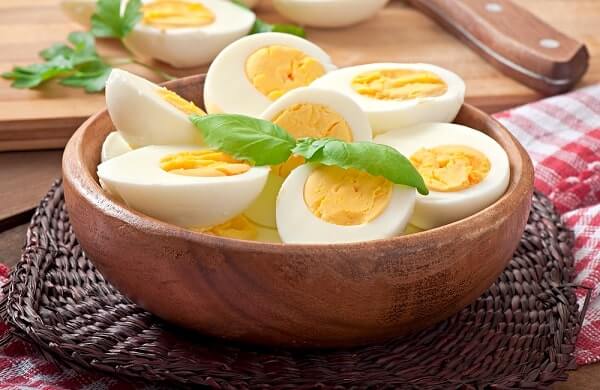
11.) Too many (or not enough) omega 6 fatty acids
Heard about those inflammatory omega 6 fats? These are abundant in vegetable oils, nut butters and grains. Those need to be balanced out with omega 3 fats (found primarily in fish). Start balancing out the equation (less 6’s, more 3’s= less inflammation) by going easy on the morning bowl of oatmeal with peanut butter, or the bag of popcorn during movie night.
Some interesting research, however, pointed to a deficiency of omega 6 fats in the diet may worsen Crohn’s symptoms. It also pointed to palmic acid instigating inflammation (found in meat, milk, cheese, butter, and olive oil). This goes to show to use fat in moderation (but more veggies!).
10.) Problem foods you can’t give up
Chocolate has substances that are toxic to a degree (theobromine and caffeine), peanut butter is notorious for aflatoxin (a mold), modern rice is laced with arsenic (less so with white rice), and kale picks up more thallium (a heavy metal) from the soil than other plants.

9.) You haven’t detoxed enough
Some things prevent the body’s engine from running like it should, despite what you do or don’t eat. Cooked vegetables will detox to a degree, but sometimes your body still holds on to certain heavy metals. That’s when you might want to consider coffee enemeas and near infrared sauna sessions.
8.) Diet is low in anti-inflammatory spices and herbs
Some of the most powerful are ginger, turmeric, and cayenne pepper. Garlic is another powerhouse, a little daily has huge benefits and taste. Mountain Rose Herbs has some of the highest quality herb selections, and their USA grown organic garlic powder is a rare find on the market.

Amazing Ginger Secrets
Look out for older spices in your pantry that may be laced with mycotoxins, a very real problem. Still, this can be mitigated by buying whole fresh ginger or turmeric versus in powder form.
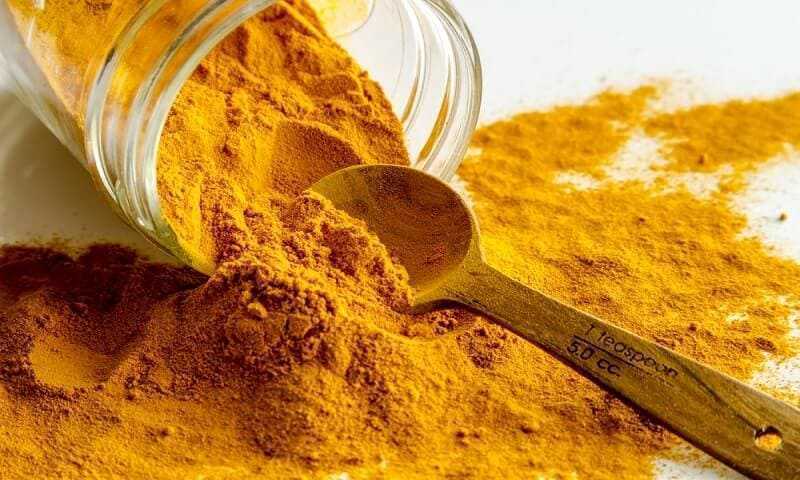
7.) Not getting enough of the sunshine vitamin
And others. You may have some mineral deficiencies you need to address besides vitamin D. I was personally severely deficient in vitamin D once, but come the tail end of winter I frequented the outdoors with as much of my body exposed despite the bitter Minnesota cold.
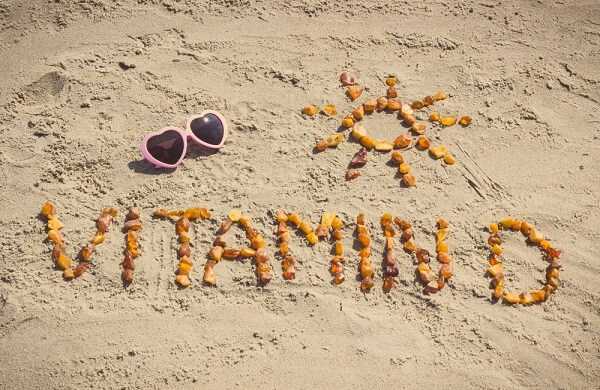
6.) Toxic with copper and/or fluoride
Do you eat high copper foods (nut butters, kale, chickpeas)? Live in a house with copper pipes installed? Drink fluoridated tap water? Take daily showers? Some of this, unfortunately, has to do with “globalist agendas” quietly sickening and dumbing us down for reasons of their own.
5.) Too much intimate fluid loss (with or without a partner)
This may be a little more controversial, but it makes sense. A man’s seed has an array of nutrients needed to begin the life of a human being. Zinc is a major constituent here. If you’ve had a history of regularly “releasing”, you probably are deficient in zinc, which goes hand in hand with high copper (antagonists to each other). Red meat may not be enough to replenish this mineral- supplementation may be needed.
4.) You don’t sleep enough
Much cellular regeneration and overall “mental development” occurs when we sleep. Sleeping during the day can also be destructive to your health (work 3rd shift?).

3.) You don’t take digestive enzyme supplements
These are very important for a Crohn’s sufferer and most don’t understand or haven’t been introduced to their important benefits. Pancreatin and ox bile are good choices, and intestinal flora is probably improved in those with IBS when they’re taken.
2.) You’re stressed out.
This is also a reflector to how much (or little) you sleep. Tips to de-stress: supplement magnesium, sleep by 8-9pm (getting at least 8 hours), be grateful for what you have, follow your passion, work in a job you enjoy, partake in the simple things in life to entertain yourself cheaply, not compromising on low quality/ processed food (budget permitting), and regularly detoxing your body of toxins while replenishing mineral deficiencies.

1.) You haven’t done a proper hair mineral analysis.
You’re taking supplements and eating a diet heavy in organic vegetables, but you’re still deficient. In Nutritional Balancing science, a hair mineral analysis done at a lab (not washing the hair) is essential for accurately determining your levels of the major nutrients (calcium, magnesium, sodium, potassium, etc) and a number of heavy metals.

